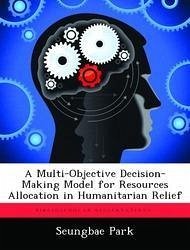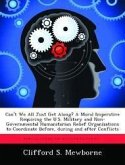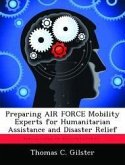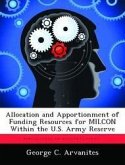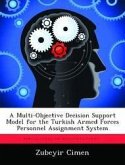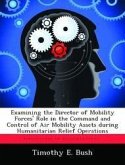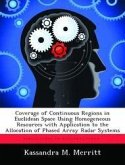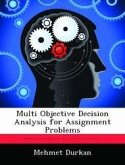This thesis addresses the critical resource allocation in the initial days of a disaster relief operation. One of the most important and essential components of relief operations is the allocation of scarce resources to accomplish the relief efforts. Every operation for disaster relief needs various critical resources including (but not limited to) personnel, equipment, supplies, or simply finances. Several research efforts for disaster relief have suggested methods to allocate scarce resources across a variety of competing objectives and programs in a disaster relief operation. Many of those efforts focused on optimizing a mathematical programming model subject to budget constraints. However, capturing the values of the decision-maker(s) in such a model is relatively unexplored. The lack of clear organizational values contributes to the inconsistency in practice and hinders effective resource allocation across the disaster relief system. The purpose of this study is to develop a multi-objective decision-making (MODM) model to incorporate the decision-maker(s) value trade-offs in the disaster relief resources allocation problem. The notional model is based on a hurricane and flood scenario, and the decision window for the resource allocation is the critical first 72 hours after the initial damage assessment has been made. The value focused thinking (VFT) process is used to capture the value trade-offs, and the resulting value hierarchy is optimized via a mathematical programming model to solve the multi-objective resource allocation problem.
Bitte wählen Sie Ihr Anliegen aus.
Rechnungen
Retourenschein anfordern
Bestellstatus
Storno

